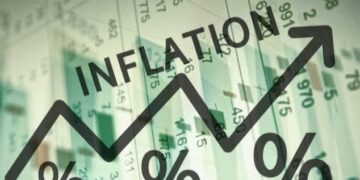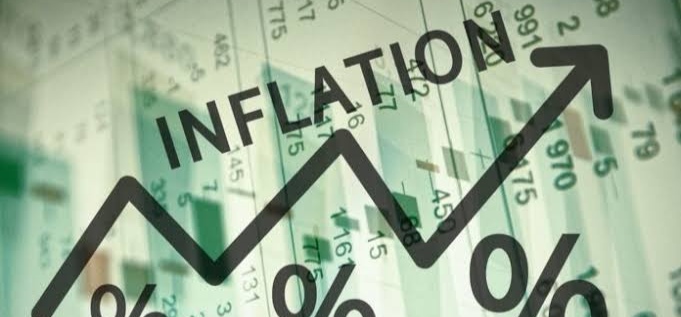By John Ikani
While many leading African economies are experiencing a gradual easing of inflation, Nigeria continues to grapple with a persistent surge in consumer prices.
The latest data from the National Bureau of Statistics (NBS) indicates that Nigeria’s headline inflation climbed to 34.19 percent in June, further exacerbating the economic challenges faced by its citizens. This upward trend contrasts sharply with the downward trajectory observed in other major African economies.
South Africa, the continent’s largest economy, has witnessed a cooling of inflation rates. The country’s headline consumer inflation eased to 5.1 percent year-on-year in June, down from 5.2 percent in May. This decline has raised hopes for a potential interest rate cut by the South African Reserve Bank in September.
Egypt, another key player in the African economy, has also made strides in taming inflation. The country’s annual urban inflation rate has slowed for the fourth consecutive month, reaching 27.5 percent in June.
This positive trend is attributed to the Central Bank of Egypt’s shift towards an inflation targeting model and a flexible exchange rate.
Ghana has joined the list of countries experiencing inflation relief. The West African nation recorded a third consecutive month of decline, with inflation dropping to 22.8 percent year-on-year in June.
Experts have several times harped on the importance of controlling food, energy, and transport prices as key factors in combating inflation.
Nigeria, in particular, faces significant challenges in these areas, prompting the Central Bank of Nigeria (CBN) to implement a series of interest rate hikes to curb the rising cost of living.
While there is optimism about potential inflation moderation in Nigeria due to anticipated bumper harvests and the removal of food importation tariffs, analysts caution that the trajectory remains uncertain.




































